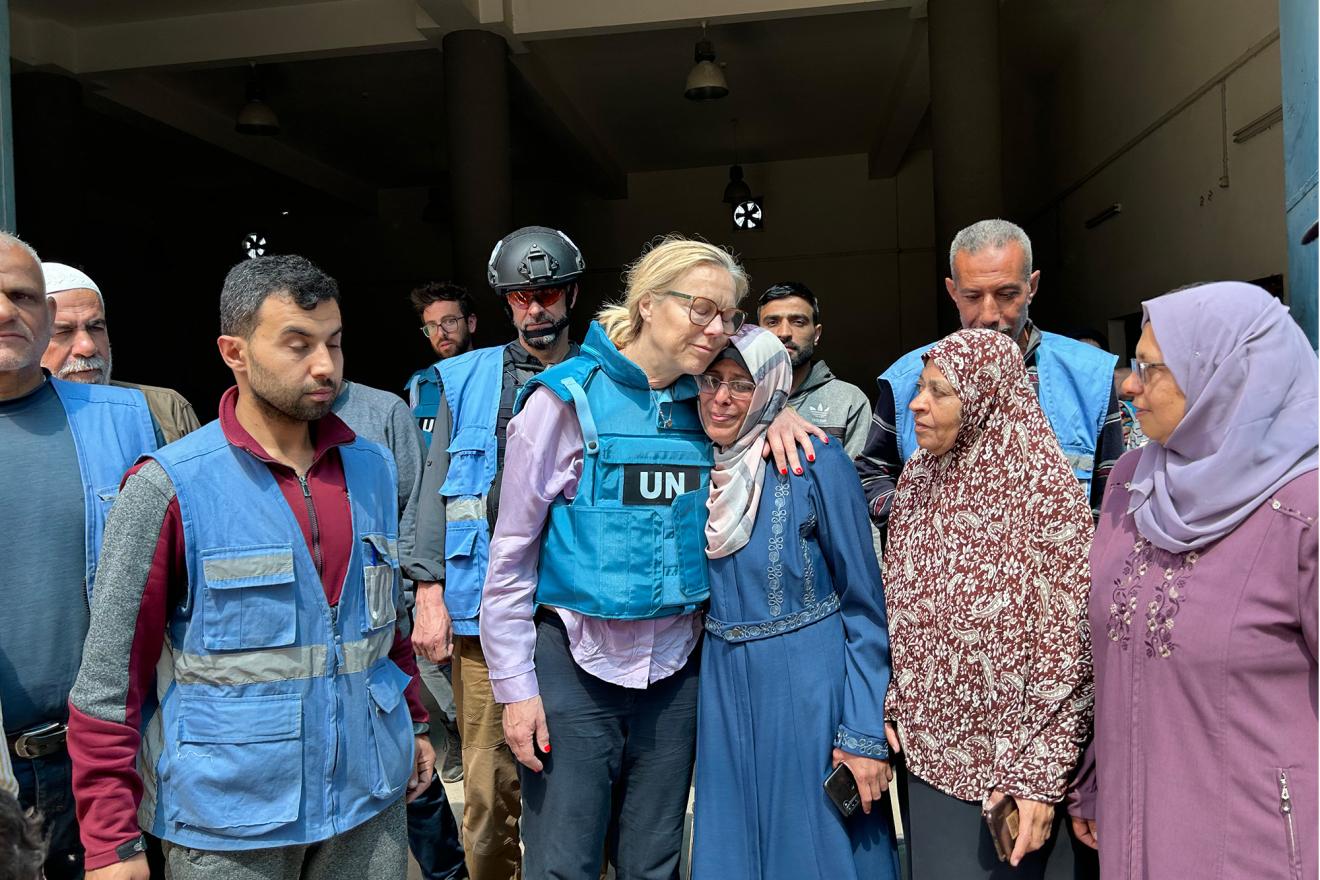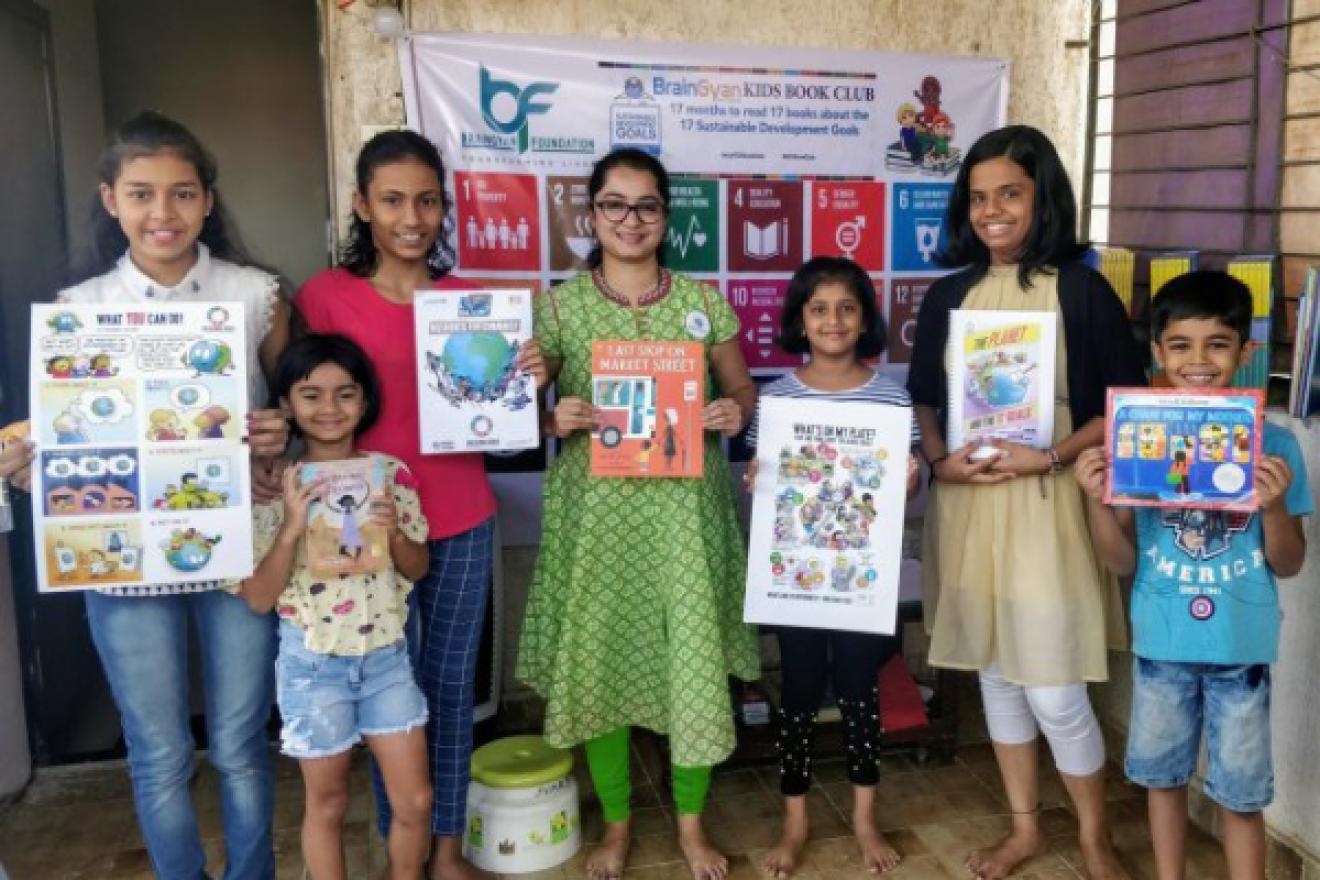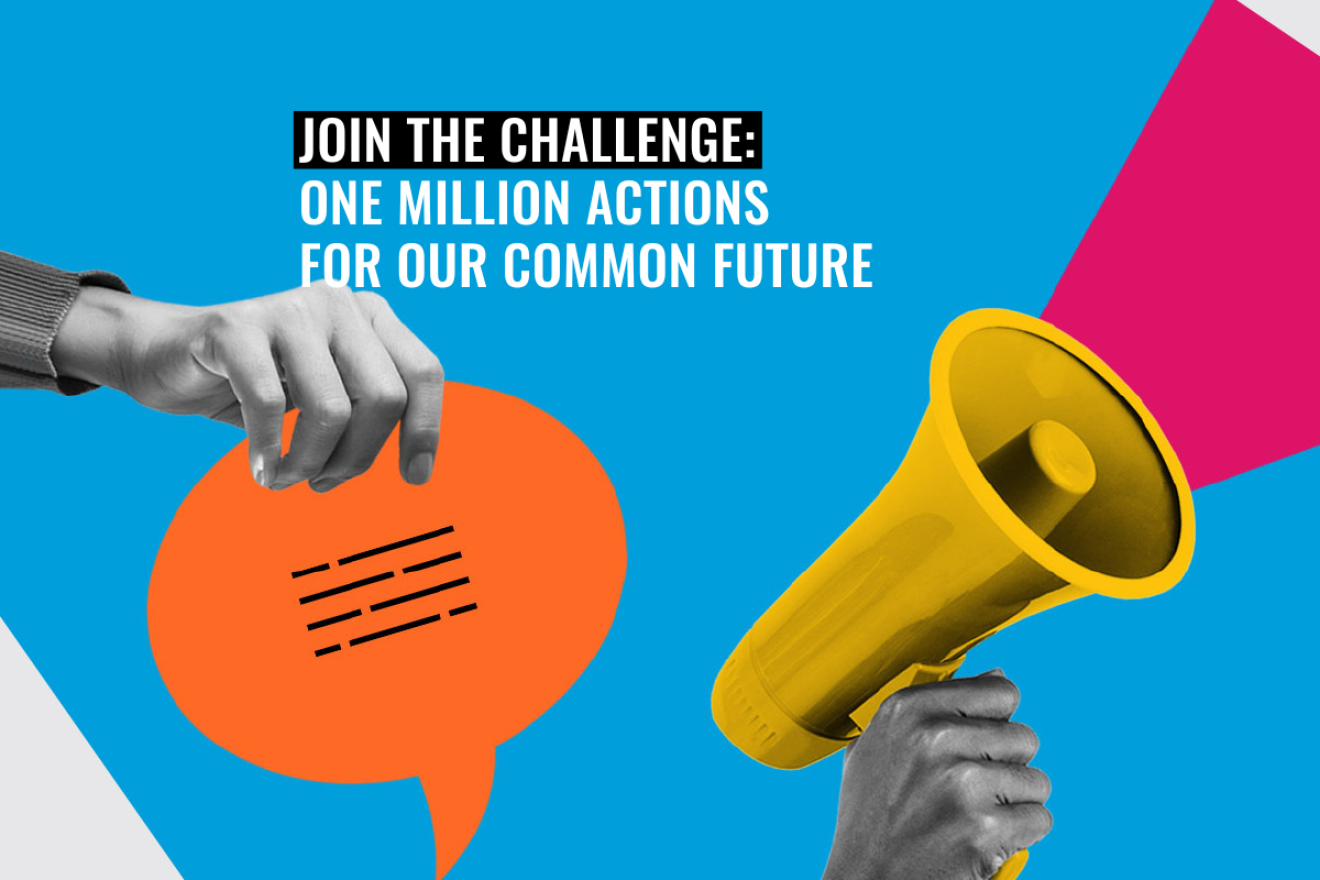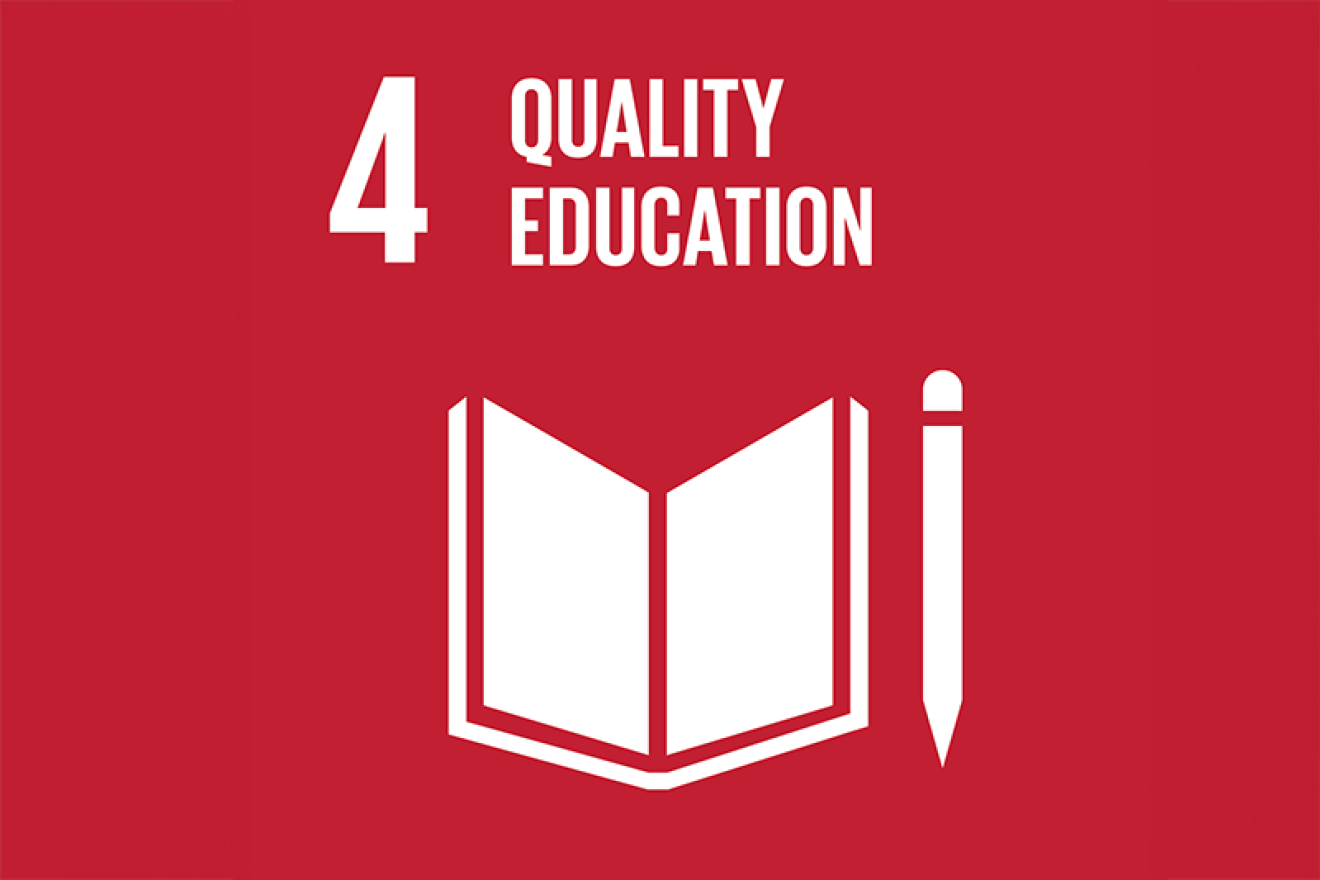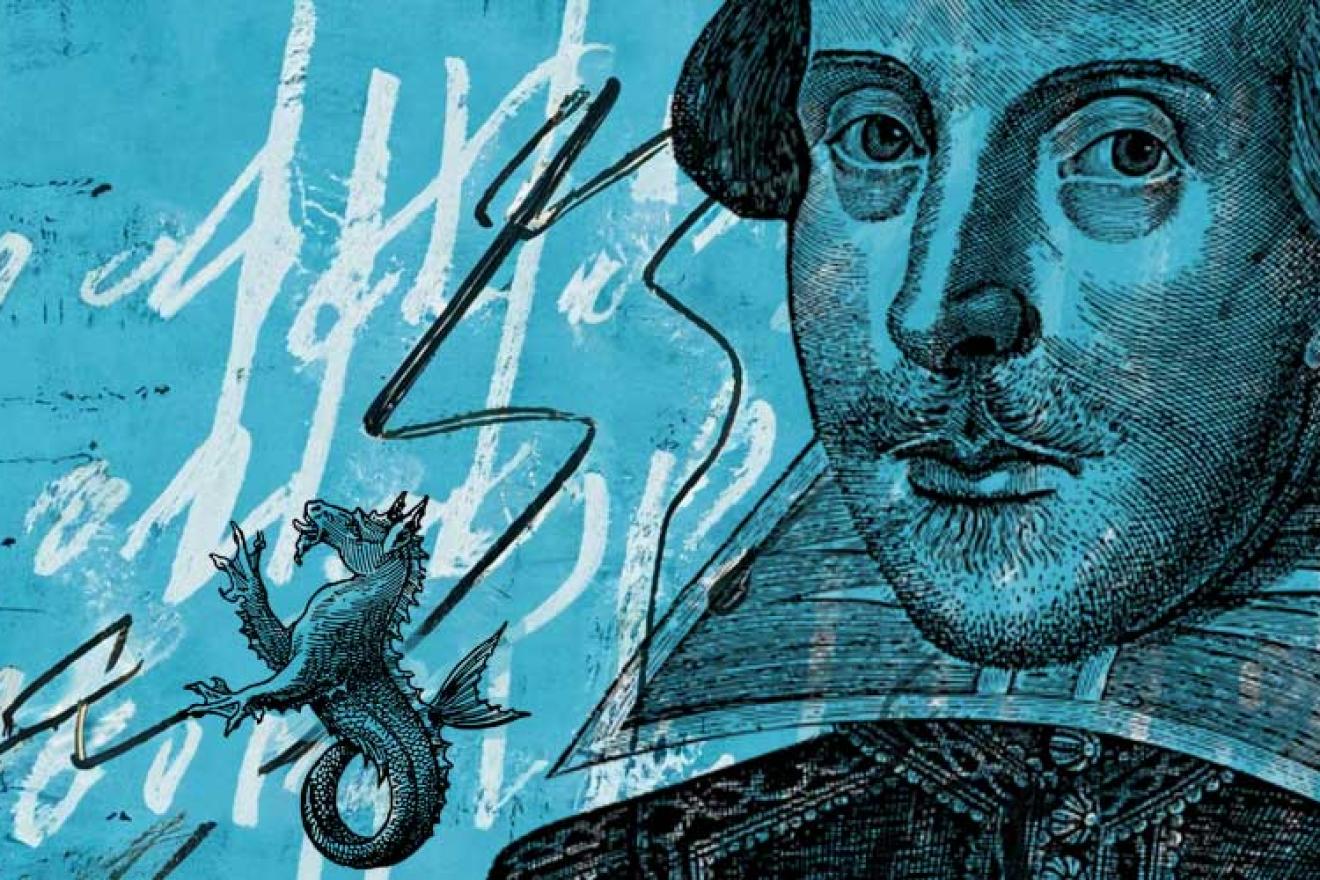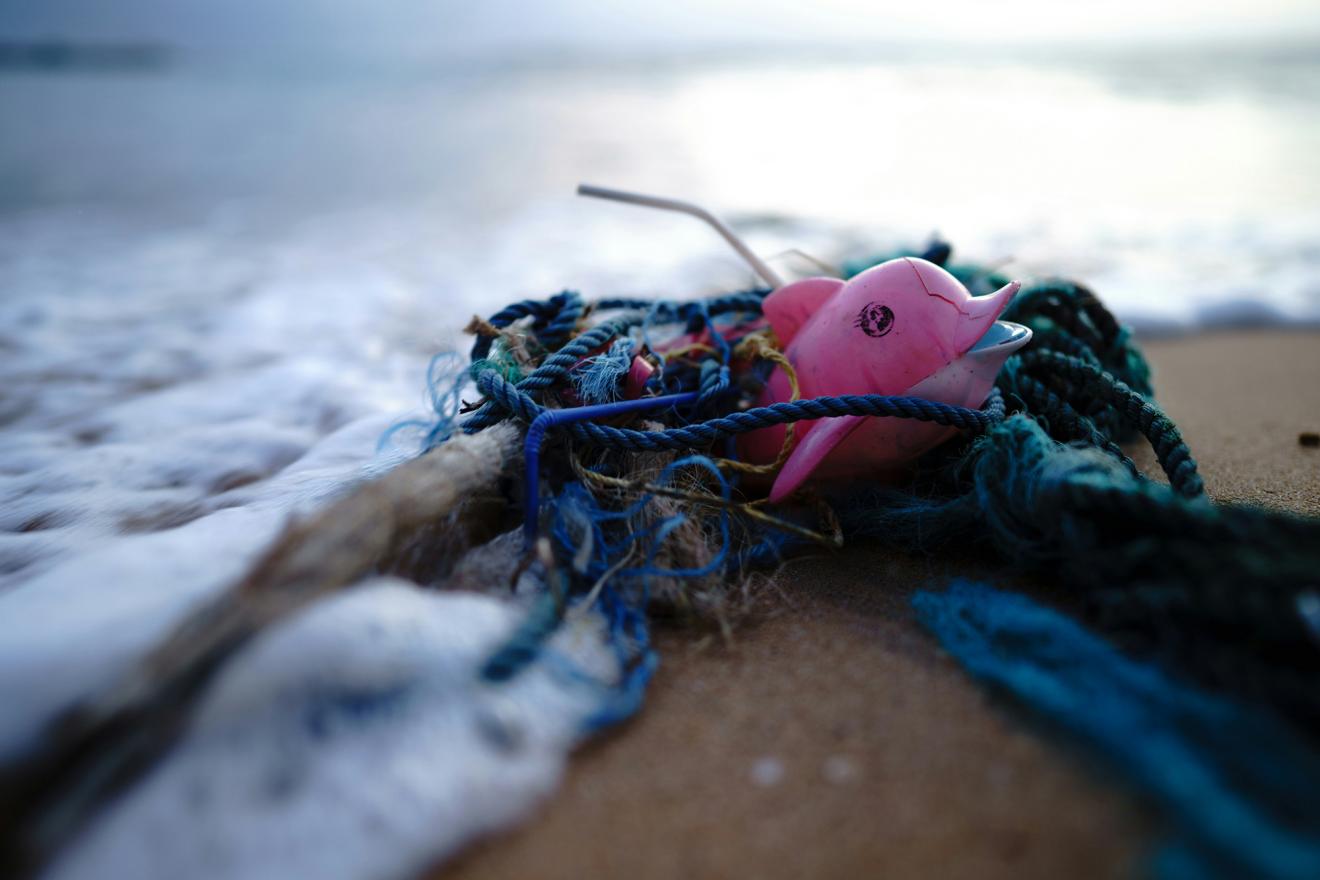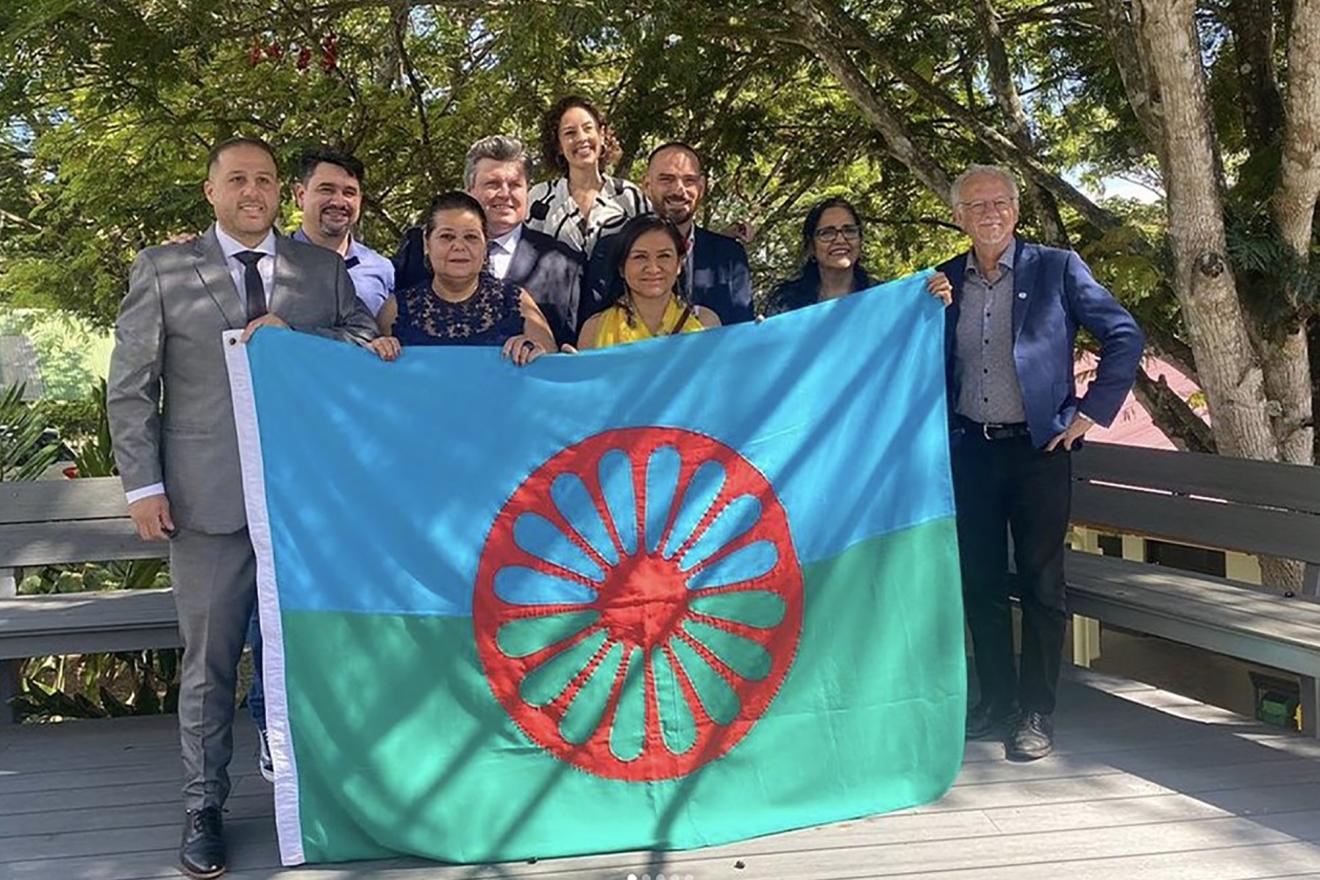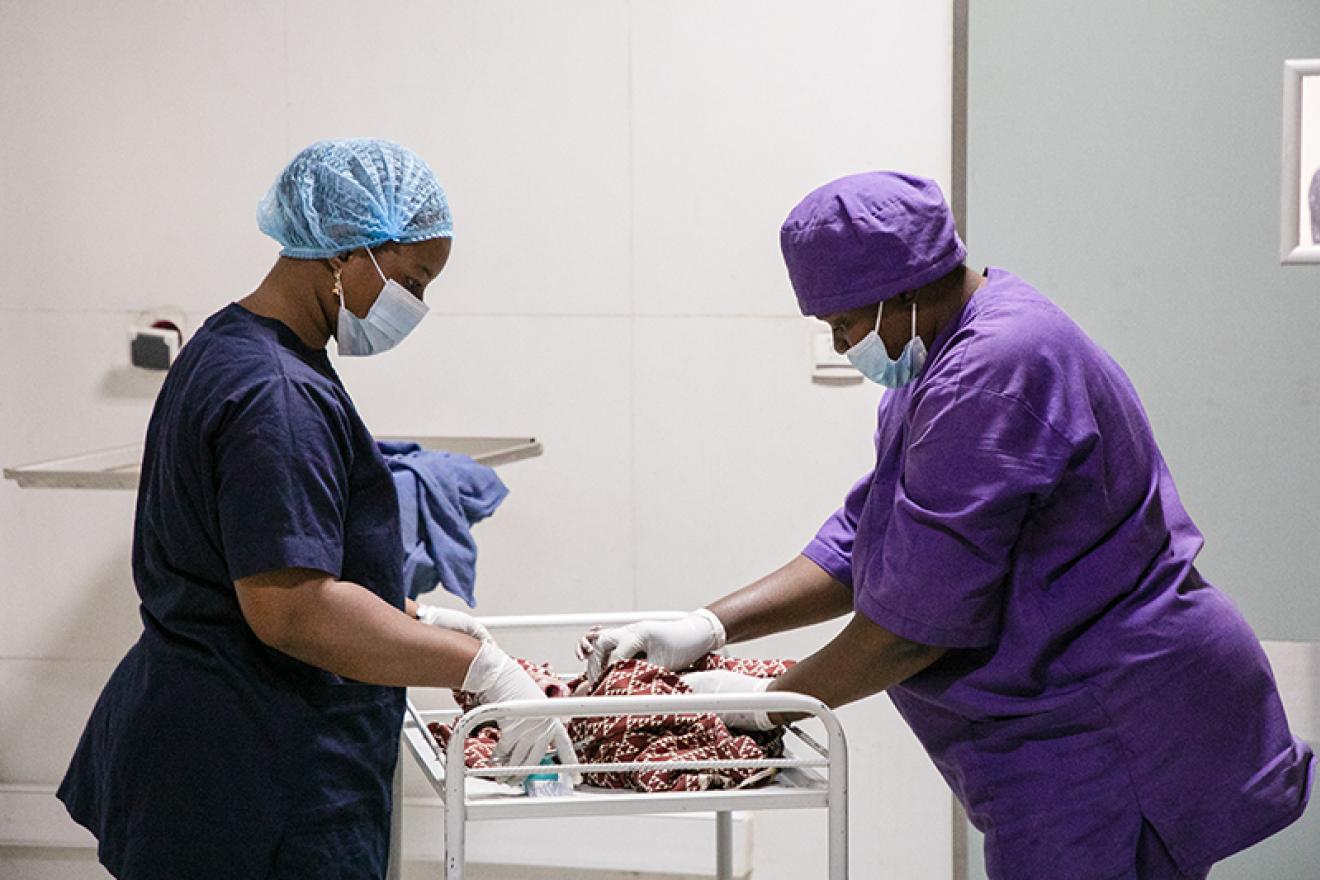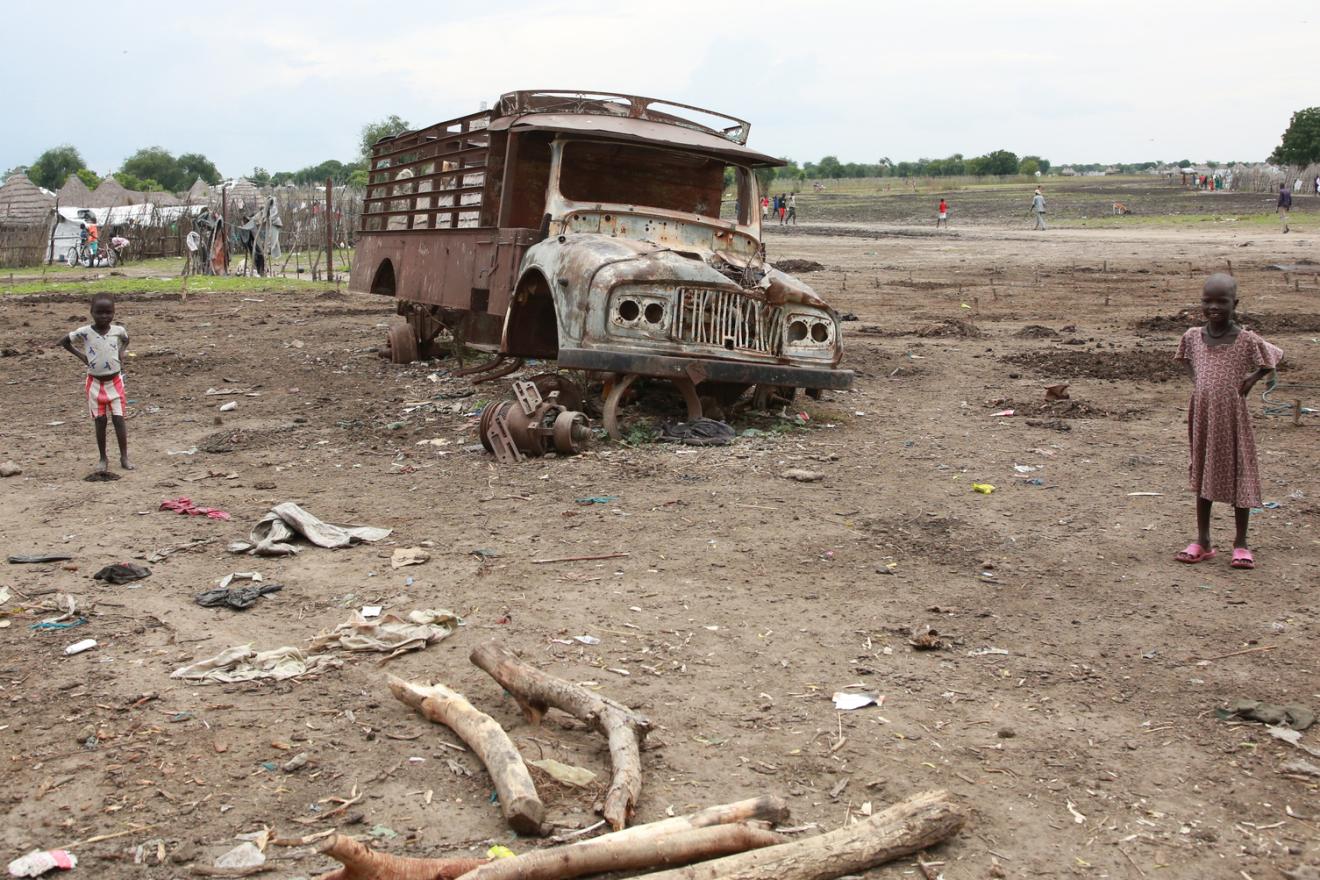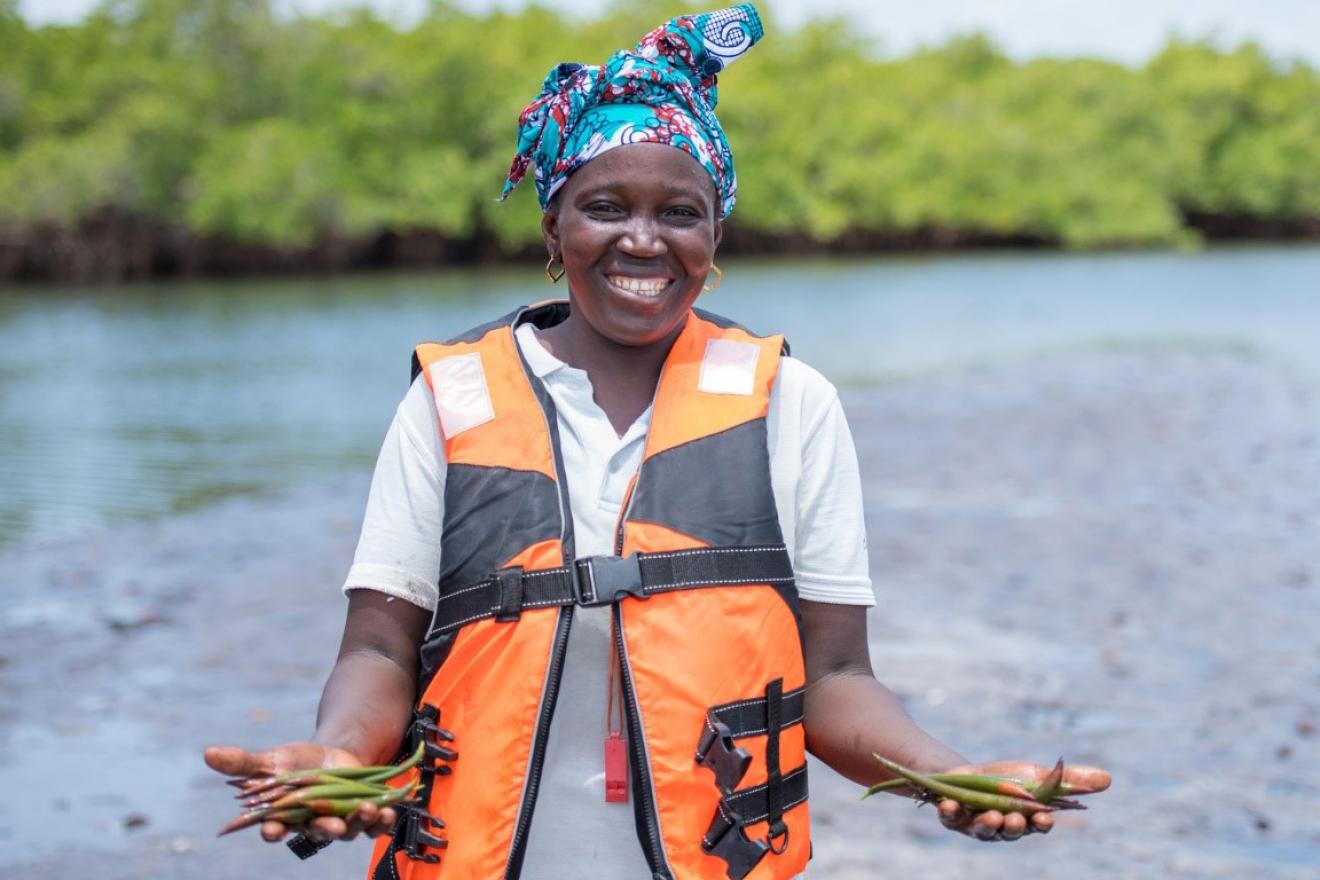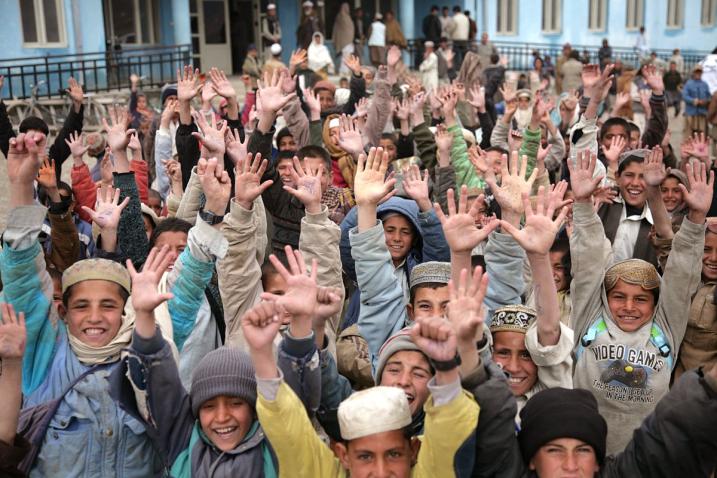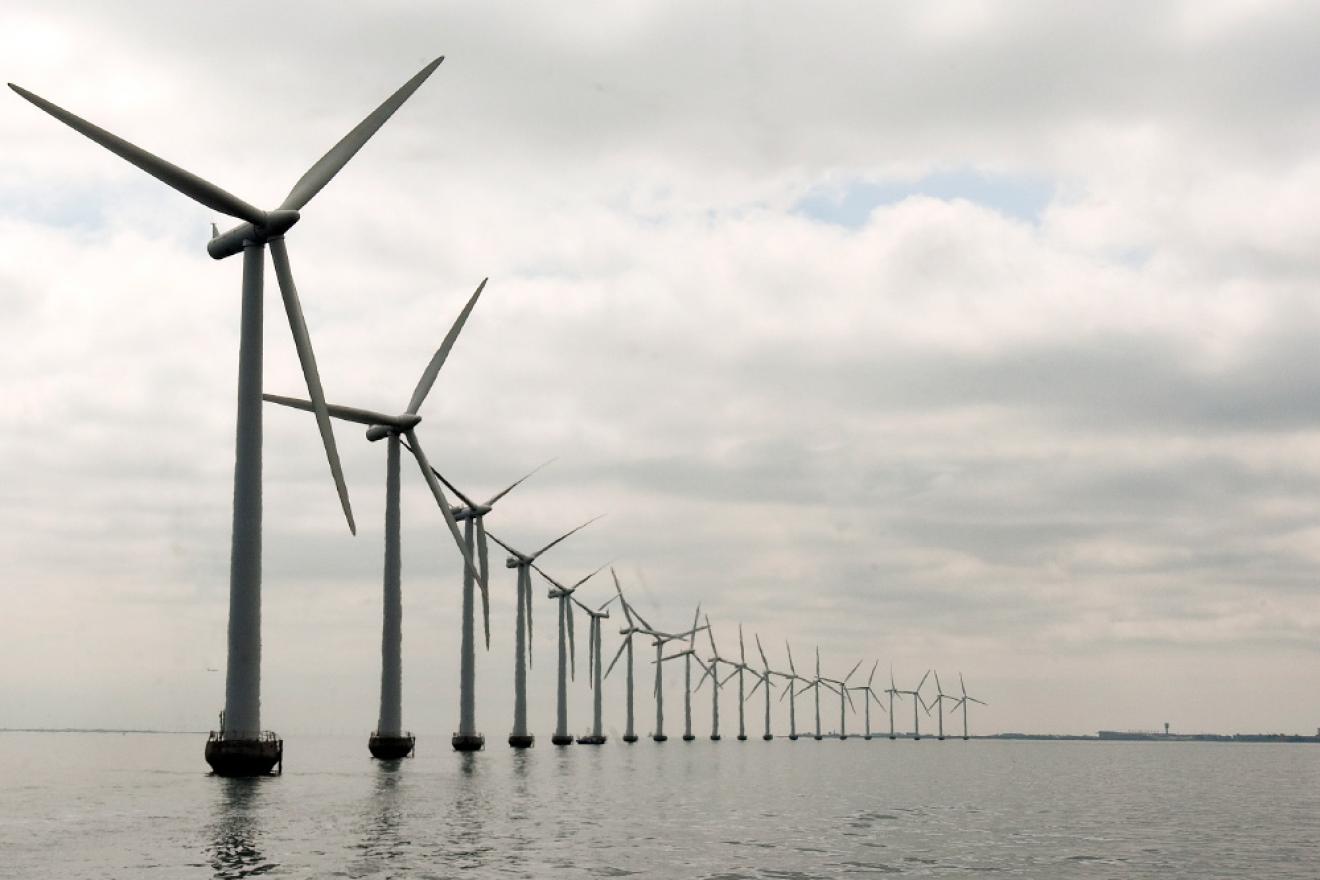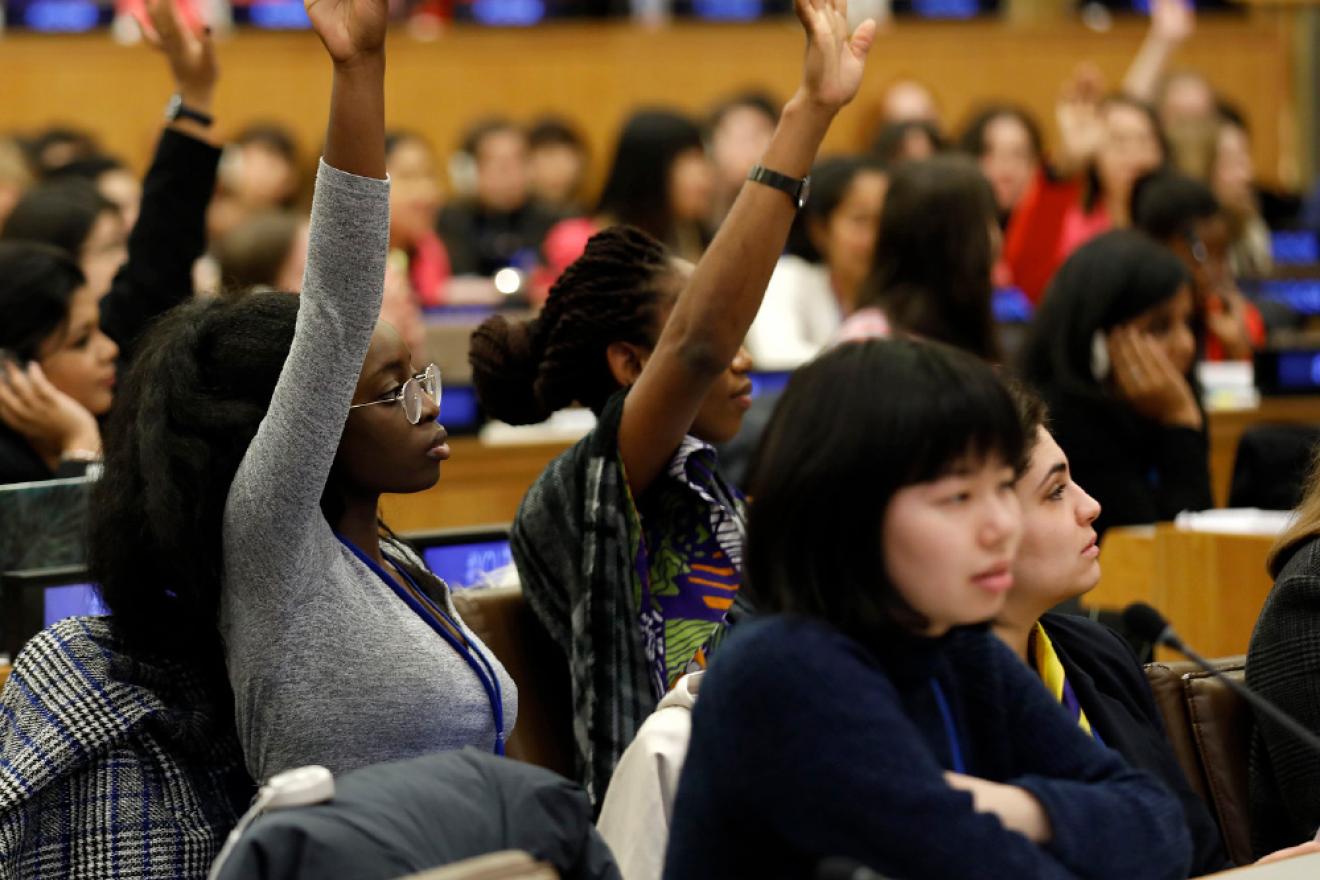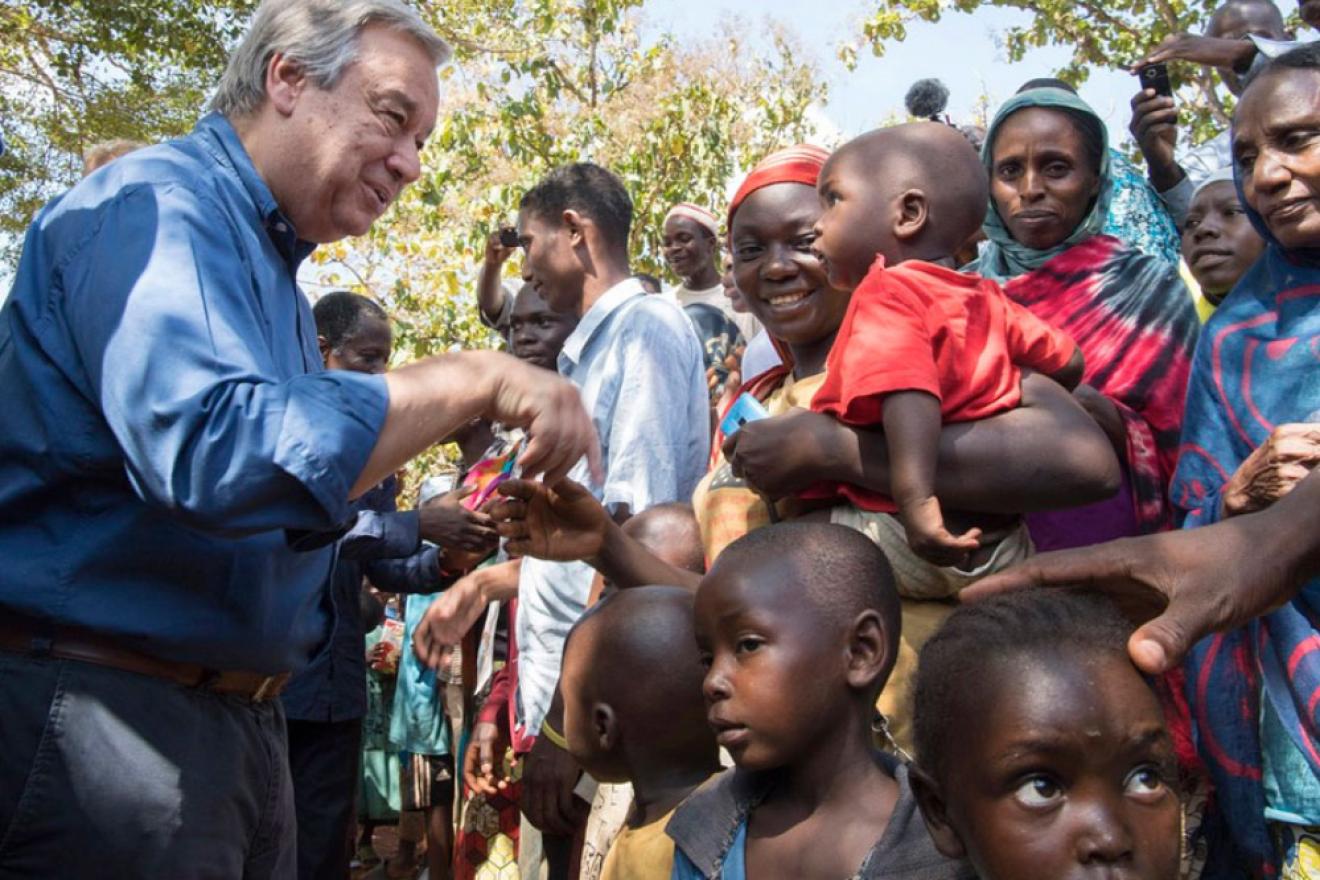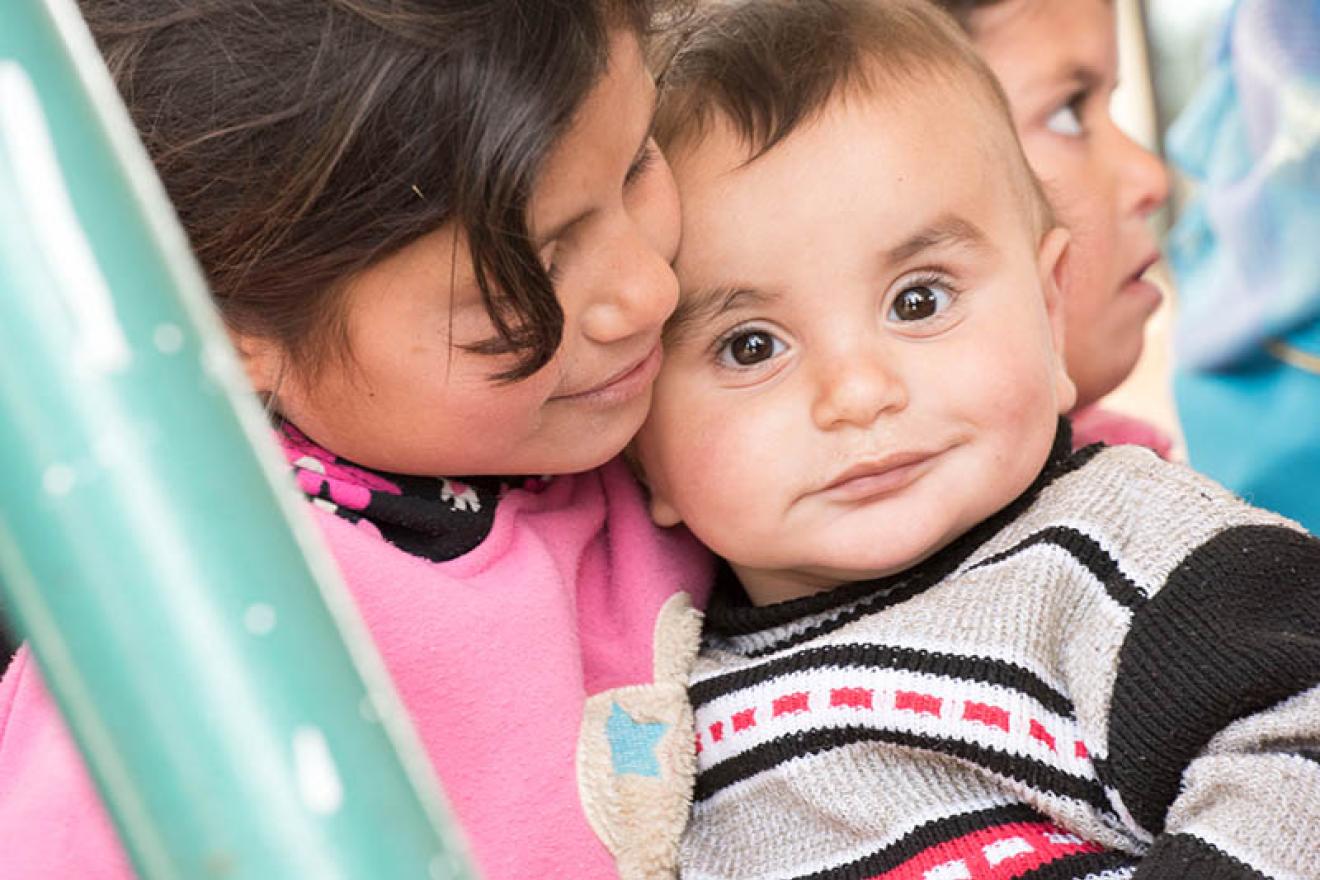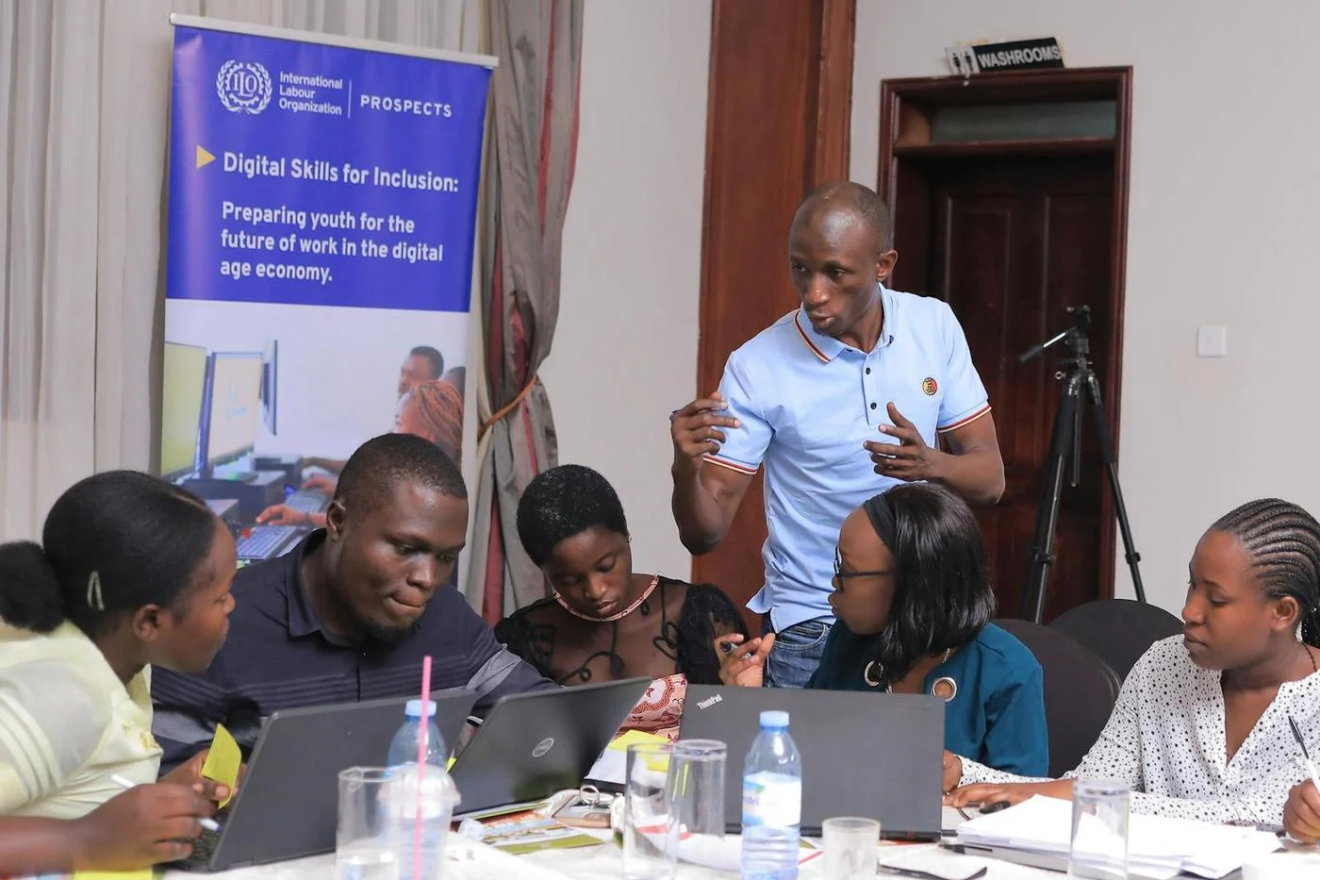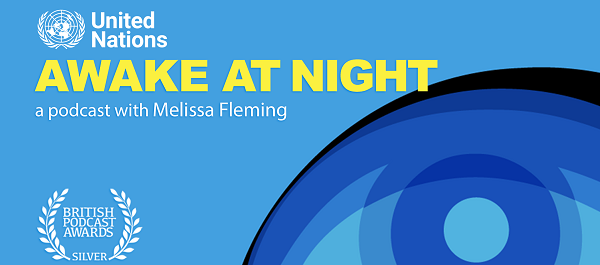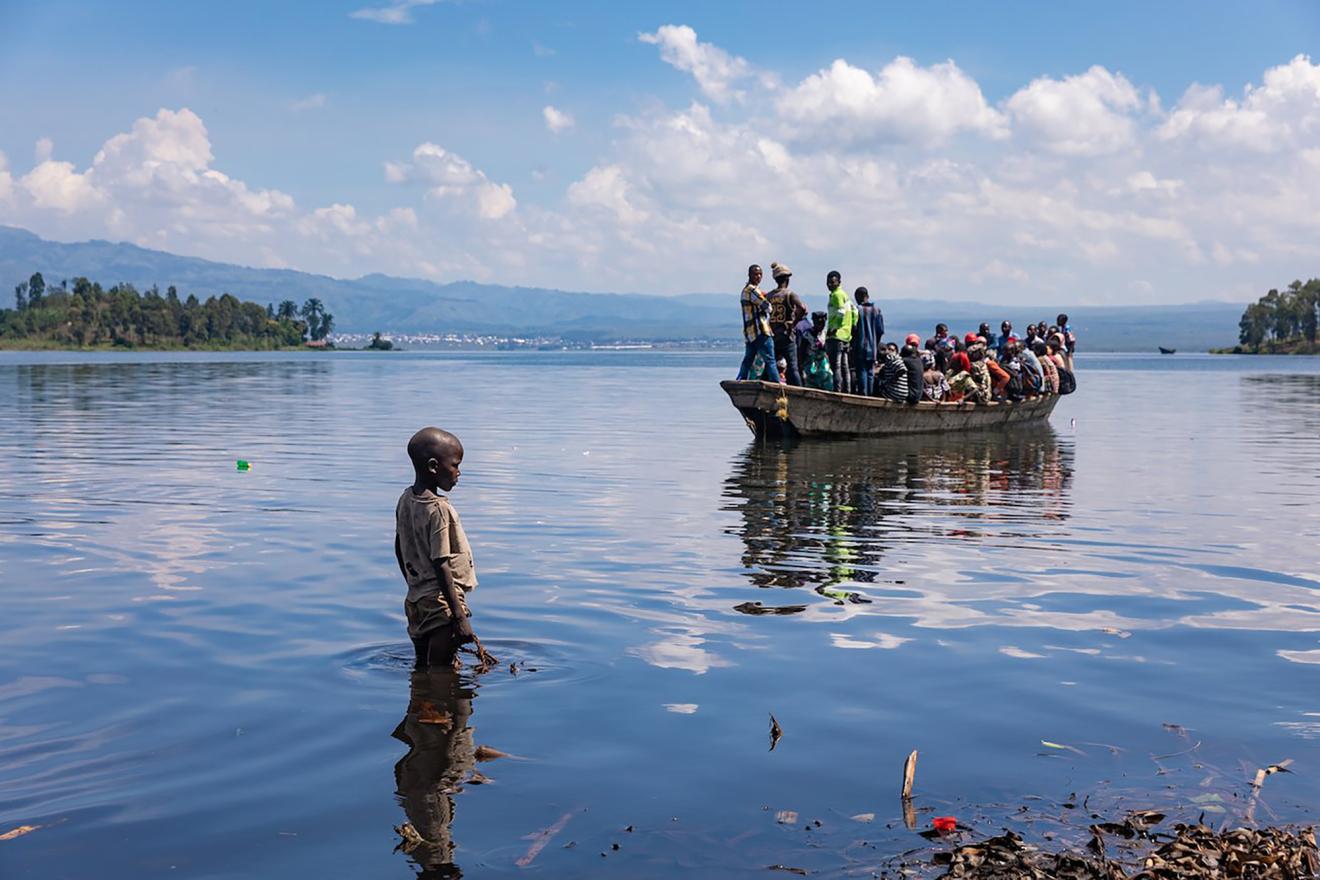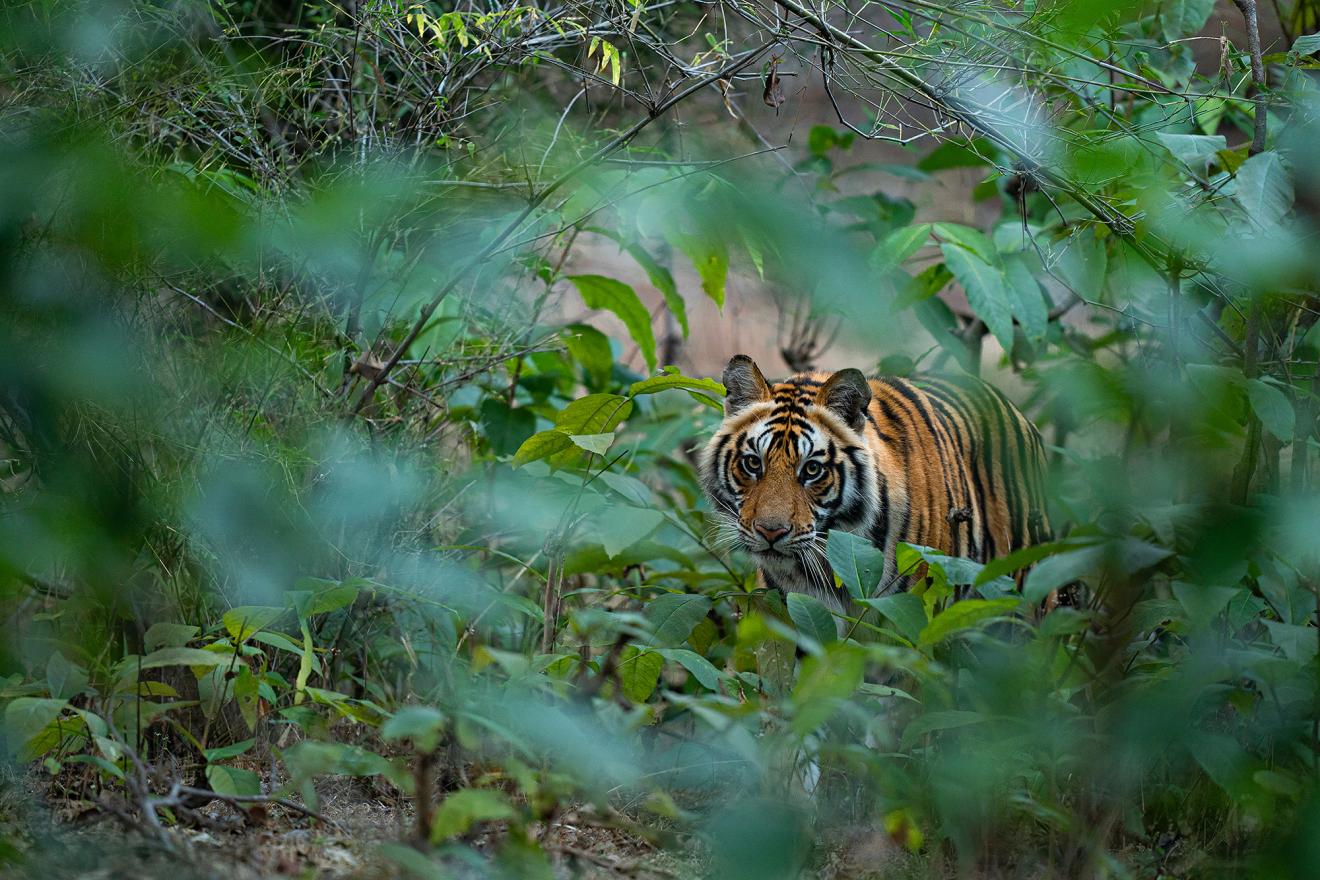Learn more about the Sustainable Development Goals! On our student resources page you will find plenty of materials for young people and adults alike. Share with your family and friends to help achieve a better world for all.
Delivering lifesaving aid to Gaza via land, sea and air
As the war in Gaza reaches a 200-day mark, the Security Council is set to receive a briefing today from Sigrid Kaag, the Senior Humanitarian and Reconstruction Coordinator for Gaza. Ms. Kaag will provide a firsthand account of the current humanitarian situation and challenges to aid and reconstruction efforts in Gaza. Since assuming her role, she has been working with UN agencies, NGOs, and member states to improve aid delivery in Gaza. The ongoing conflict has led to nearly 34,000 deaths, including 10,000 women and nearly 14,000 children, and has brought the population to the brink of famine.

Latest hunger data spotlights extent of famine risk in Gaza, Sudan and beyond
24 April 2024 — Dangerous levels of acute hunger affected a staggering 281.6 million people last year – the fifth year in a row that food insecurity has worsened – heightening growing fears of...
UN chief calls for all hands on deck at Climate Promise 2025 launch
23 April 2024 — Top UN officials launched a fresh global campaign to tackle the climate emergency on Tuesday, with social media influencers, Indigenous leaders and corporate giants showing what...
Mass graves in Gaza show victims’ hands were tied, says UN rights office
23 April 2024 — Disturbing reports continue to emerge about mass graves in Gaza in which Palestinian victims were reportedly found stripped naked with their hands tied, prompting renewed concerns...

